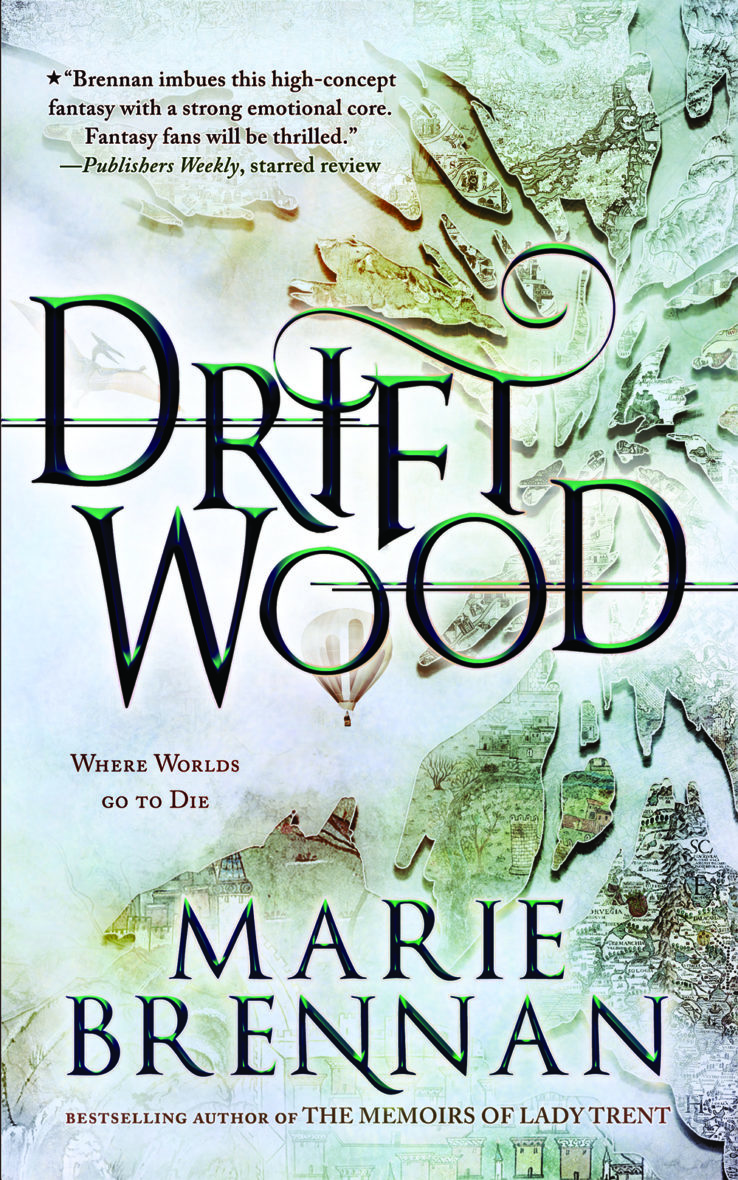Marie Brennan’s DRIFTWOOD is one of the best books of the year

KIRKUS includes Marie Brennan’s DRIFTWOOD among Best Science Fiction and Fantasy of 2020.
An exciting delve into a conglomerate land filled with magic and mystery.
FOREST OF GLORY enjoys the book as well.
This is a mosaic novel. It’s several stories set in the same world but written at different times, put together with a framing story. I liked the setting of these a lot! It’s a bunch of worlds that have all ended that somehow get glomped up together. I liked all the little bits of culture and how most of the stories focused on urban places.
Rich Horton on STRANGER AT ECBATAN recalls his many reviews of Brennan’s short stories.
I haven’t done a Birthday Review in a bit, and it occurred to me that I had never done a collection of my Locus reviews of Marie Brennan’s short fiction … and I realized that there are some people whose birthdays I don’t know. But that’s no reason not to post about their wonderful short stories! So here is what I’ve written about Marie Brennan’s short stories in the past dozen years or so:
Locus, March 2008
The Fall On Spec has three nice fantasy stories – each managing to be somewhat traditional and yet quite clever and original. Marie Brennan’s “Nine Sketches in Charcoal and Blood” tells of a curious group of seemingly related people at the auction of a dead man’s effects – what sinister secret links them to each other and the dead man, and on what are they bidding?
Locus, January 2009
I was particularly impressed by Marie Brennan’s “A Heretic by Degrees” (Intergalactic Medicine Show, December). It’s set in a strikingly artificial setting – I was reminded of Ted Chiang’s “Exhalation” and Will McIntosh’s “Linkworlds”, to name two other 2008 stories. Brennan’s story opens it what seems a somewhat conventional fantasy world, as the new Councillor Paramount feels pushed to heretically suggest that they look “outside the world” for a cure for their dying King. And soon the Councillor is journeying to a series of strange quite separately and increasingly small “worlds”. Brennan does not content herself with simply displaying this odd universe – we get a similarly odd, and unsettling, explanation, as well as a satisfying and unexpected solution to the Councillor’s (and the King’s ) problem.
